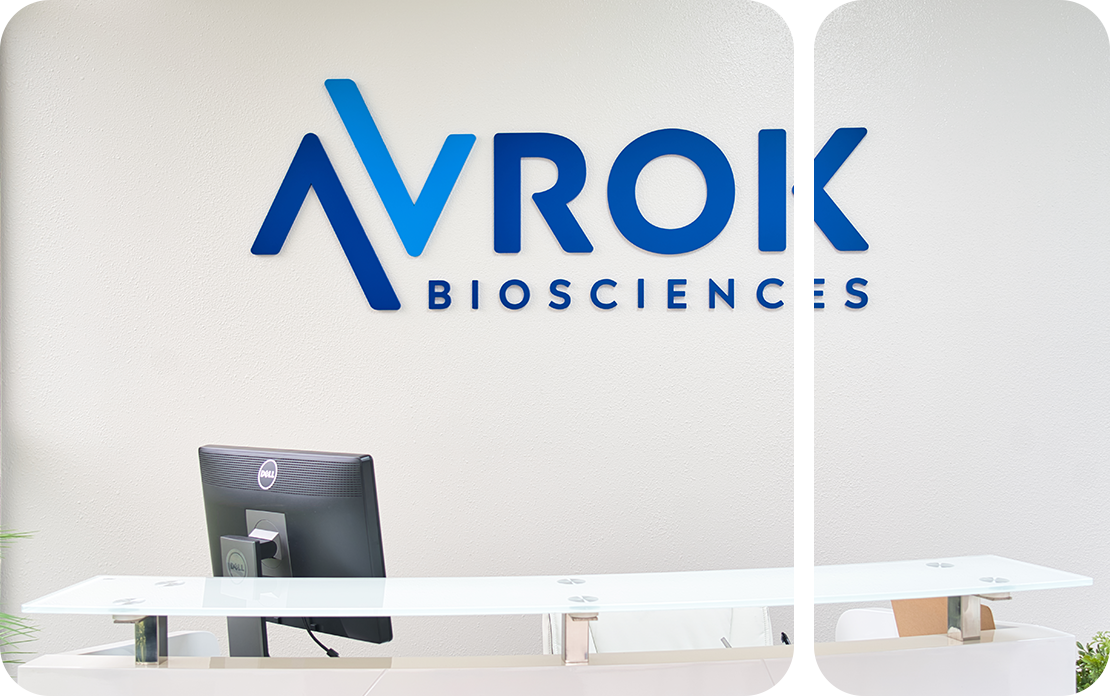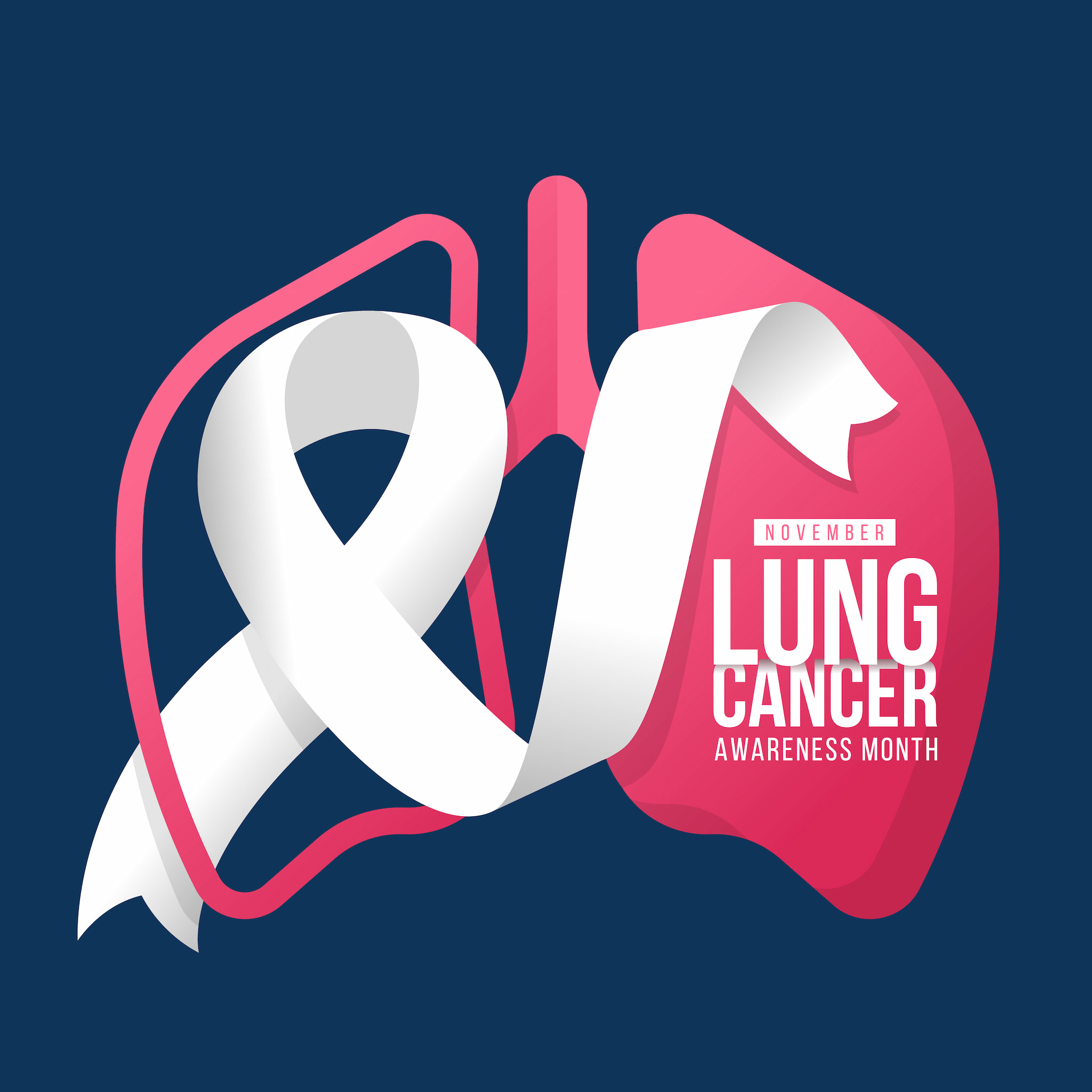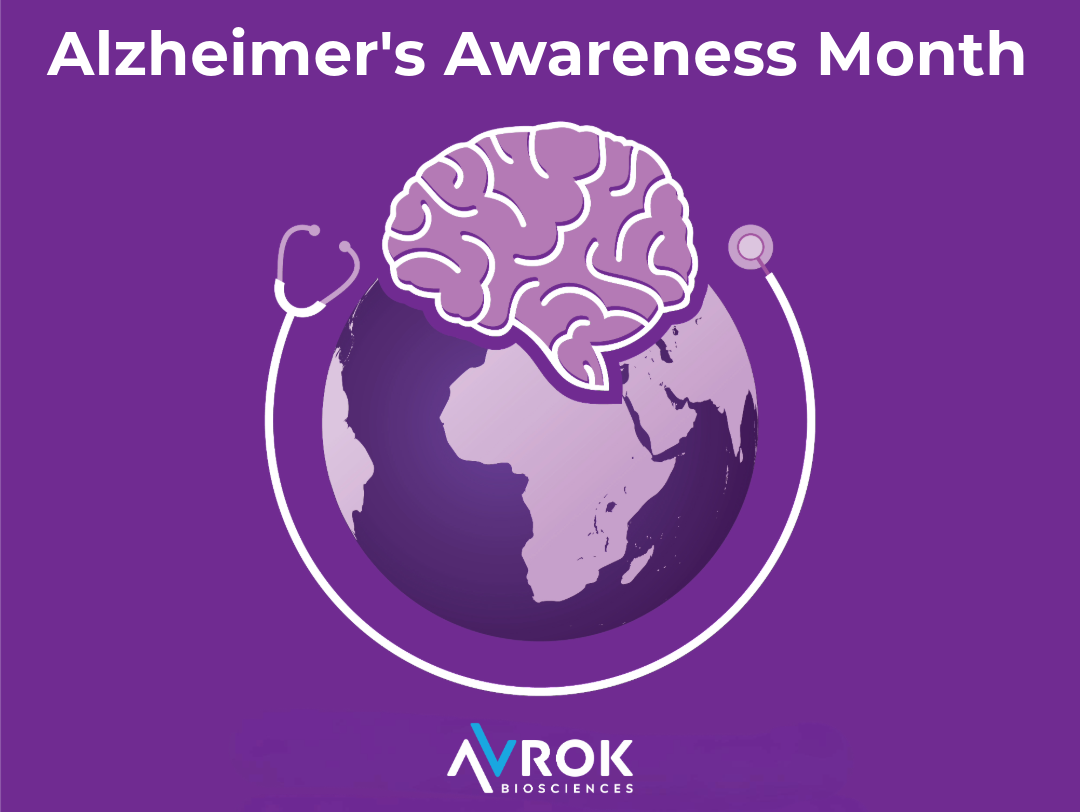Avrok's Blog
We strive to both educate and entertain!
Our informative and easy-to-read posts cover a variety of topics related to the exceptional service we provide at Avrok. We hope you enjoy reading them as much as we enjoy writing them!

Valentine’s Day is the perfect time to celebrate love, chocolates, and your hardworking heart. After all, it’s the muscle that kee

Valentine’s Day is the perfect time to celebrate love, chocolates, and your hardworking heart. After all, it’s the mu...
CM%2C%20CGMBSTamanna%20Talukder%2C%20MS%2C%20MA%2C%20MB%20(ASCP)CM%2C%20CGMBS%20%C3%A2%C2%80%C2%A2%201st%20%C3%A2%C2%80%C2%A2%201stClinical%20Laboratory%20Scientist%20and%20Quality%20Assurance%20Manager%20at%20Avrok%20Bioscienc.jpg&w=2048&q=90)
February 11th marks International Women and Girls in Science Day, a time to recognize the invaluable contributions of...

Each year, World Cancer Day on February 4th unites the global community to raise awareness and drive action against o...

Every January, National Blood Donor Month underscores the critical importance of blood in healthcare. While its immed...
.jpg&w=2048&q=90)
The constant emergence of viral threats necessitates continuous innovation in both therapeutic development and diagno...
.png&w=2048&q=90)
Peripheral blood mononuclear cells (PBMCs) are critical for immune profiling and serve as the foundation of research ...

Formalin-fixed paraffin-embedded (FFPE) specimens have long been a cornerstone of histopathology, preserving tissues ...

November is National Lung Cancer Awareness Month, an opportunity to shine a spotlight on lung cancer, raise awareness...

November marks Alzheimer’s Disease Awareness Month, a time dedicated to recognizing the impact of this challenging co...

Every November 14th, we come together to observe World Diabetes Day—an important day to raise awareness and inspire m...

As we mark National Pathology Week from November 4-10, it's a great moment to recognize the remarkable role that path...
.png&w=2048&q=90)
In recent years, Next Generation Sequencing (NGS) has revolutionized the field of genomics, offering researchers unpr...

In the world of clinical research, informed consent is not just a regulatory requirement—it’s a cornerstone of ethica...
.png&w=2048&q=90)
The Importance of World Mental Health Day
On October 10th, we join the global community in celebrating World Mental He...

At Avrok Biosciences, we are committed to making research more accessible and inclusive through our innovative approa...

As summer fades and fall approaches, August brings National Immunization Awareness Month (NIAM), an important time to...

Scientists often contemplate the age-old question of should I use High-Resolution HLA typing or Low-Resolution HLA ty...

As March unfolds, Avrok Biosciences proudly joins the global community in observing Autoimmune Awareness Month. This ...

As the holiday season unfolds, ushering in joy and festivities, it's essential to navigate the winter months with hea...

In the ever-changing world of healthcare and medical research, non-profit organizations play a vital role in driving ...

In the world of biomedical research, the pursuit of accurate and reliable data is never-ending. One crucial factor th...

In the fast-paced world of scientific research, it's crucial to maximize efficiency and make the most of available re...

Engaging with Contract Research Organizations (CROs) has become increasingly popular for research companies as projec...

Let's dive into the world of Contract Research Organizations (CROs) and how they are changing the game for pharmaceut...

Opening a biobank is a big deal and requires careful planning and consideration of various factors. A well-designed a...

When it comes to conducting research, partnering with a contract research organization (CRO) can be a valuable asset ...

In this blog post, we'll be discussing the important factors to consider when isolating peripheral blood mononuclear ...

In the ever-evolving world of vaccine development, high-resolution HLA typing is becoming increasingly vital. Human l...

Welcome to our blog post on the growing utilization of contract research services in the pharmaceutical industry. Out...

In recent years, the field of biomedical research has made incredible strides, thanks to technological advancements a...